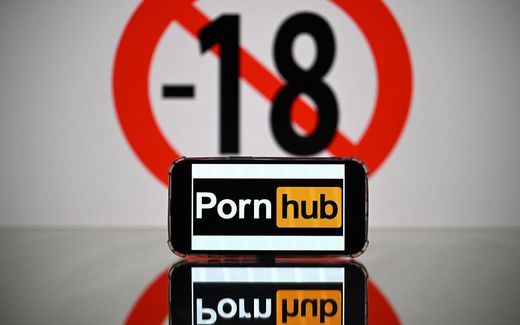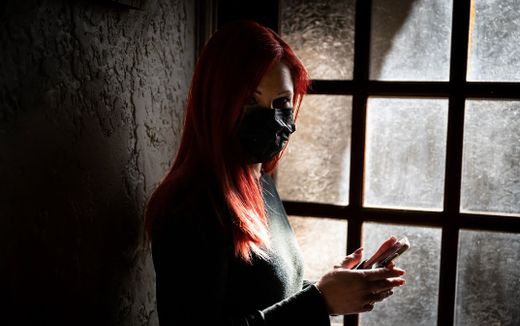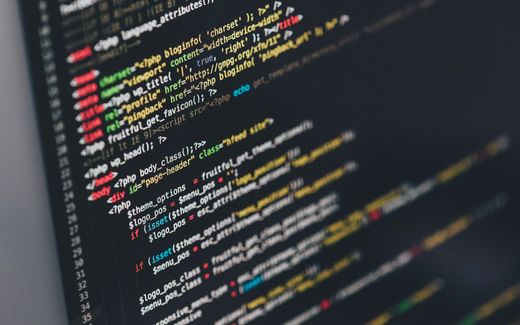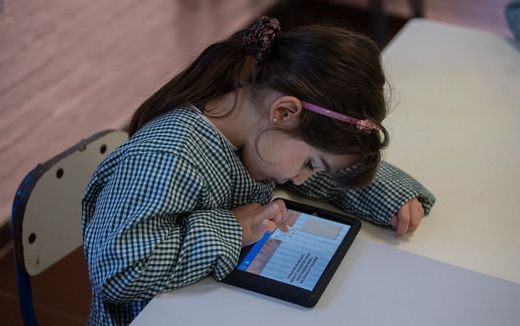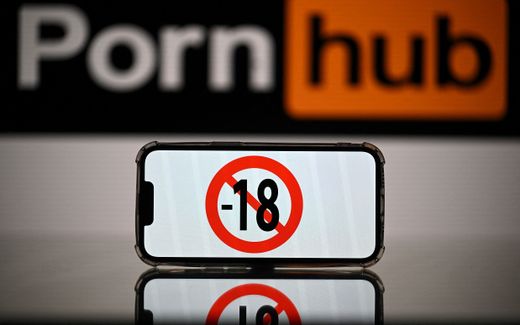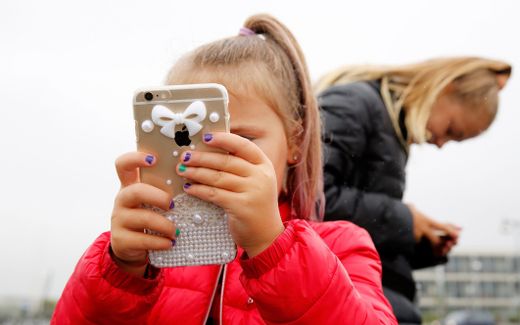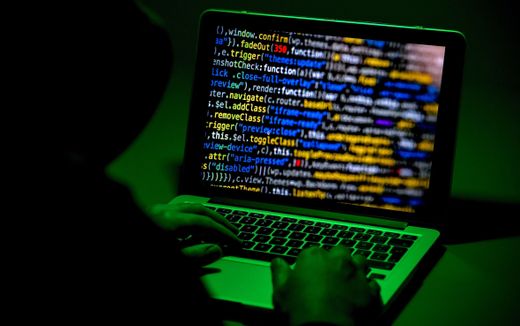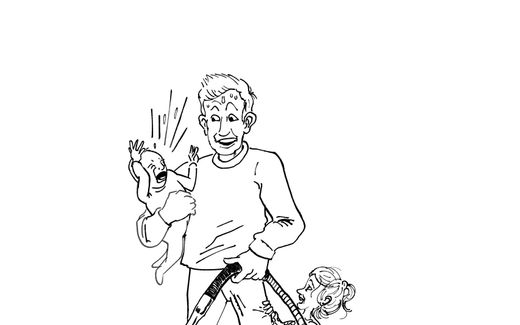Italy blocks porn access for minors
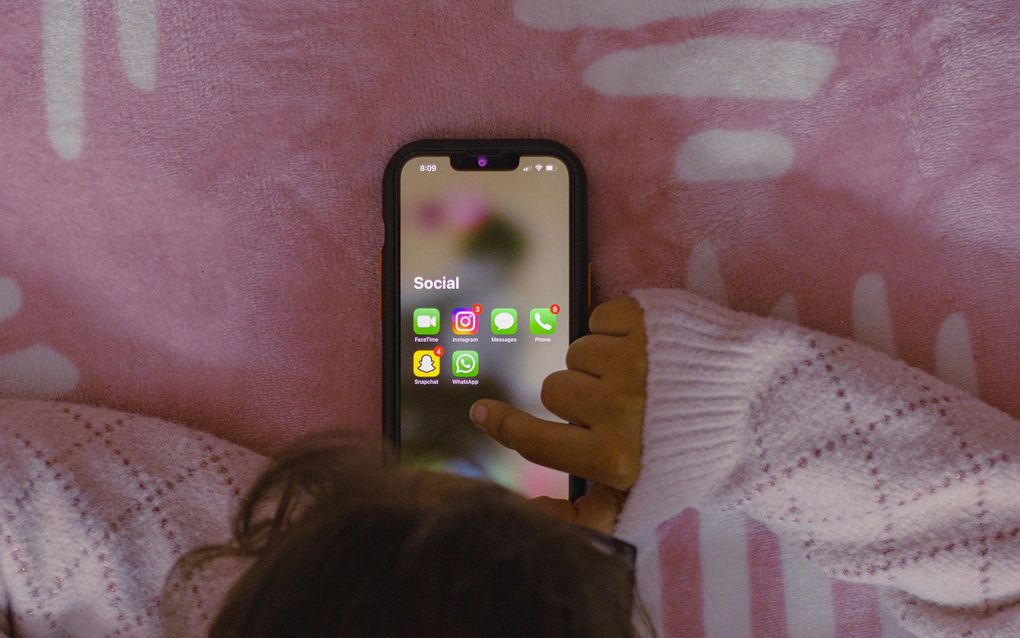
A girl on her phone. Photo Unsplash, Sanket Mishra
Southern Europe
From next Tuesday, Italian minors should no longer be able to encounter pornography on their smartphones. That is the aim of a new law that comes into force next week. What is going to change?
A new directive from the Italian Communications Regulatory Authority (Agcom) requires that all telephone providers install an automatic filter on SIM cards that are registered to children under 18. This filter is meant to block content that is deemed dangerous for minors HD Blog writes. For example, content with pornography, gambling and betting, sales of weapons, violence, hatred and discrimination, practices that are harmful to one's health, and content about sects will be restricted. In addition, minors should no longer be able to serve the web anonymously so they cannot hide their age.
If a SIM card is registered to the parents of the children, the filter will not be installed automatically, Avvenire warns. However, parents can activate it free of charge by sending a request to the provider. In addition, they can install a filter on their WiFi router, which is often the main way minors browse the internet.
Avvenire calls the legislation a "significant step forward in the direction of a safer and more secure web." At the same time, it stresses the importance of the collaboration of parents in the project, as they are the ones who have to verify whether the filter works or request the installation of it on the phones of their children. At the same time, the filter provides topics for conversation between parents and their children.
Test bed
Massimiliano Capitanio, the commissioner of Agcom, sees the regulation as a "test bed to verify the real desire of adults to take an active part in the digital education of their children." He hopes that it promotes parental controls and makes parents aware of the existence of them.
Currently, Agcom is also working on more regulations on age verification on social media, Capitanio explains to Avvenire. In Italy, minors under 14 are not allowed to use the platforms, but this rule is violated regularly. In addition, the authority wants a tighter grip on the role of online influencers, says Captanio.
In Europe, some other governments are active in regulating against youth consumption of pornography as well. Especially France is busy with this, as CNE has reported before.
Effectiveness
Is it the task of the government to prevent children from watching porn? Answers to that question vary among American anti-porn activists, Christianity Today discovered.
Youth pastor Chris McKenna believes in the effectiveness of regulation by the government. He watched with concern how it became easier for children to access explicit content via their smartphones. "Parents should give their children a smartphone at the age they want them to see porn."
Partly due to his pleas, some states in the US have introduced an age-verification system to prevent minors from accessing pornographic websites. And since these laws were introduced, the number of visits to pornographic websites has plummeted. A spokesperson from Pornhub told CNN that the visits from the state of Louisiana dropped by 80 per cent, for example.
The youth pastor hopes that more Christians will speak up against porn. "I believe that church leaders should be showing up in flocks to support legislation that works toward creating safer digital spaces for children," he said. "Families need more help."
Legislation
Other Christians are not in favour of more legislation to protect minors against porn. They see it as the responsibility of parents to protect their children. "Legislation could help some", Danny Huerta, the vice president of a family organisation, says. However, he emphasises that it is "not a substitute for parents to put filtering, and to be very intentional in their conversations with kids." Huerta advises parents to install porn-blocking software on their children's phones.
At the same time, parents should talk to their children about the topic and teach them how they can look away from pornographic images on their own. Filters do not solve the whole problem because there are always ways around it, he pointed out.
McKenna sees a role for tech companies in protecting children against pornography. He worries that parents do not always have enough resources to combat porn in their homes. "Should not the default of the device be its safest possible version? Isn't that how we treat everything else that kids use – cribs, car seats, bicycles and playgrounds?"
Related Articles


